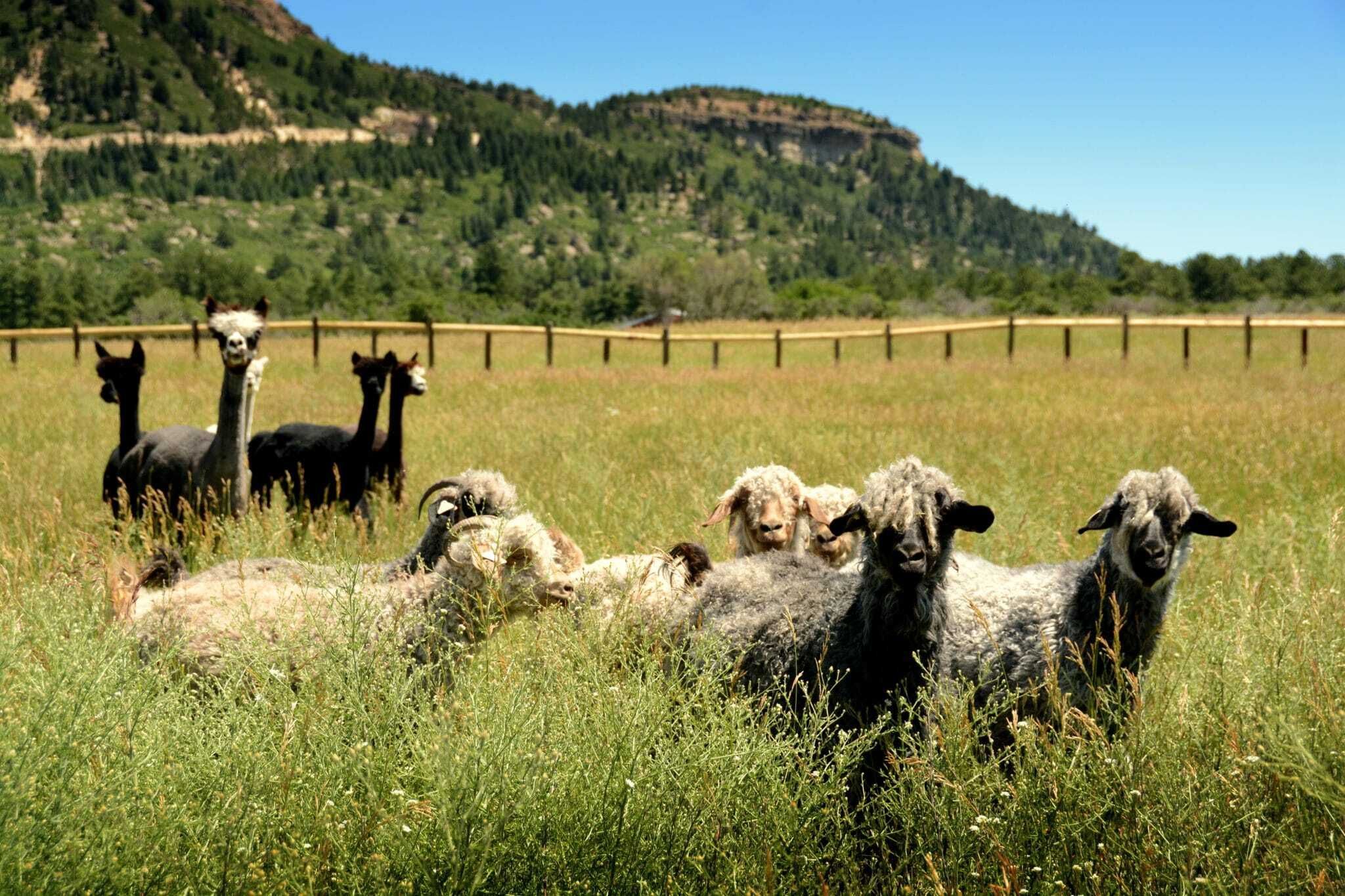
With almost 140 individual residents at Zoology, we always know that a small percentage of those animals will need our intervention to help them live with chronic conditions. The most common types of chronic conditions our animals experience are arthritis, weight loss due to age related tooth loss, some types of cancer, and renal disease. Over time these issues will decrease an animal’s quality of life. For this reason, we must closely monitor any changes in their behavior and body composition to determine how best to support them.
Through our day to day observations of the individual animals that we know so well, we are able to detect changes in attitudes, appetite, locomotion, and energy very quickly. Prior to consulting with our veterinarian, we start the fact gathering process. We always start with performing a physical exam, collecting basic data such as temperature, heart and respiratory rate and score their body condition. If a lameness is the primary concern, we can evaluate the affected limb for any heat, pain or swelling. One big question is always if this is a chronic or acute problem and our busy veterinarians really appreciate these basics evaluations being performed as it helps determine their next steps.
Although most of our animals see their veterinarian multipule times a year, all our animals see a veterinarian annually at a minimum. This annual exam and sometimes annual bloodwork, really do help us keep up to date on any health changes we may not be able to see from their behavior. At these visits, the veterinarians can often detect physical changes that we can correlate with behavior changes we’ve seen at the farm. These collaborations help us with early interventions and alert the staff to watch that animal even closer.
Once a proper diagnosis is made, we can then determine what the prognosis looks like. We start by looking at the all the factors involved in that particular animals’ care. Most importantly, we consider the Quality of Life (QOL) of often daily handling and medication administration as well as possibly, a change in environment.
When considering QOL, the staff will ask these types of questions:
- What is the species and age of the animal?
- Is the animal amenable to frequent handling, as sometimes that handling is more traumatic for the animal than the importance of a longer life?
- Is the safety of the animal and our staff an issue?
- What is the normal environment for that animal and will treating that animal necessitate a change in its normal living conditions?
- What is the skill set of the staff attempting to treat the animal?
- What is the potential duration of treatment and is that not only financially feasible but in that animals’ best interests?
We also consider if we are providing end-of-life hospice care or need a longer-term palliative care plan. Either way, our ability to provide pain relief is a primary consideration. The Zoology staff all become involved and highly invested in the management of these animals. There are so many factors to consider when deciding to move forward with often life-extending interventions. Collaboration between our skilled staff and the veterinarians is invaluable when making such significant decisions.
Caring for animals with chronic conditions can be hard physically and emotionally. A lot of the time upon diagnosis of a condition, the staff realizes that it is the beginning of the last chapter in the animal’s life. Whenever the time comes, sometimes years and sometimes days, we have very intentional and thought-through care plan to help us make the day as stress free as possible for the animal. As some of the staff say, “make it a good day” which means we do our best to avoid traumatic, painful, emergency end-of-life situations. As with other aspects of our husbandry, this is another way we provide compassionate care to all our animals.

